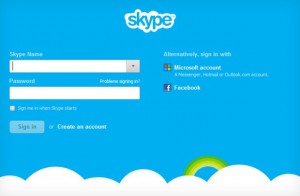Not to an alarm call out, but they had an appointment at 9am today to talk about their monitoring service. At 9:30 they called to say they weren’t coming with the excuse that they’d tried to call to confirm the appointment but couldn’t get through. Except they confirmed it yesterday afternoon and there’s someone on the hot-line number they claim to have used since 6am today.
Okay, they double booked slots and got caught with their pants down and this is the best they could come up with, but a company trying to sell an ARC service, not showing for an appointment has to be the biggest no-no going. LOL!
They’re actually possibly worth talking to, because they use the rather interesting Risco panels. Risco is an Israeli company, and they’re upping the game by integrating CCTV and IDS in one system with PIR detectors that will take a snapshot of what triggered them and sending to the ARC. The lady on the phone said they just wanted to demonstrate this, and I couldn’t resist even though we’re happy with the British-made Texecom kit (although we use Risco beam sensors already).
However, this is the same Direct Response that got hauled before the OFT and clobbered in 2009 for telling porky pies about their monitored alarms getting a priority response from the police. The caller also claimed the alarms were made in Iran (“or somewhere like that”). And they’re still using the same old sales tactics (“We are calling as part of an awareness campaign, and four people in your area will be selected at random for a free alarm worth £999”, without mentioning the £400 installation fee up front and claiming a £5/week monitoring fee – I’ll be pleasantly surprised if this bit is true).
The appointment’s been re-made for 9am on Monday. Let’s see. In fairness, I did warn the first and second callers that they hadn’t called a normal householder. All they gotta do is Google me.




